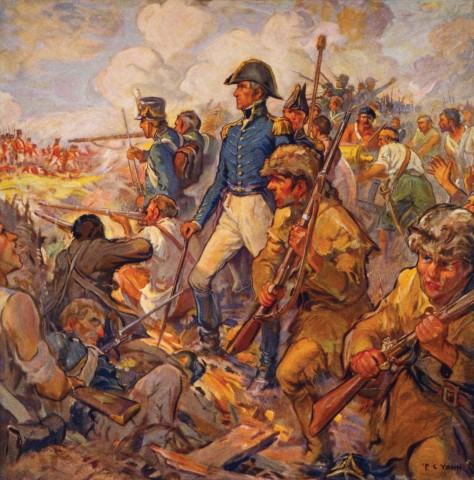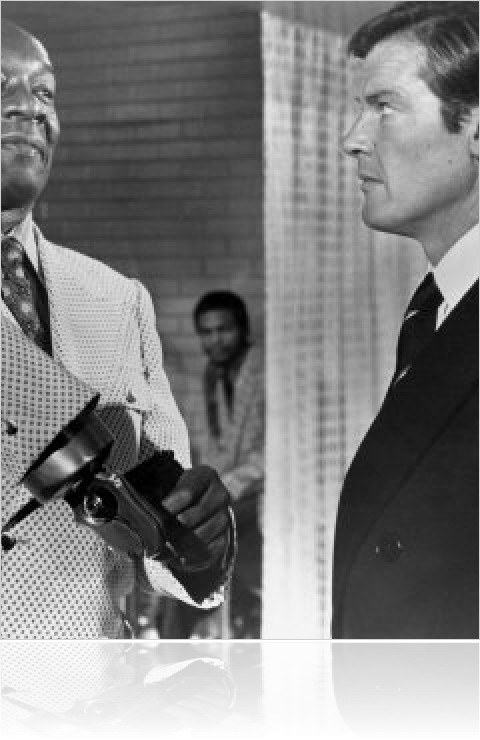A day or so ago a relative with a historical bent sent me an email with an attached PDF informing me that I had a great, great, great, (count ‘em, THREE) grandfather named J. A. Smiley who:
A) had the same first and middle name as mine (the last name was different because the ancestry traces through my grandmother), and
B) was the subject of an attached US Army military document.
The document has a picture of a man in uniform (I would post it, but I am not at liberty to do so). A rather dour-looking figure, he is identified at the top as a participant in the War of 1812, as having the rank of Private, and summarizing his attachments as follows:
“Capt. Samuel Bullen’s Company of Militia
Battalion 7 of Infantry Mississippi Territory
Commanded by Lieut. Col. Peter Perkins
Sept. 15, 1814 – March 14, 1815”
At the bottom, his muster history with the Company is said to be:
“Sept. 21, 1814—Camp near Washington
Jan. 1, 1815 – Fort Charlotte.”
Was honorably discharged at Camp Mandeville near Mobile, in the State of Alabama.”
* * *
A bit of research into the context of his service was in order. The war in which he served is known in America as the War of 1812. That year the United States declared war on Britain because of several British intrigues designed to protect its remaining interests in North America and squeeze the country still fragile in the aftermath of winning its independence from them in the Revolutionary War less than forty years earlier.
It gets rather complicated, but Britain considered these hostilities to be tangential to its ongoing war with Napoleon of France. (Yes, THAT Napoleon.) Because of their armies were heavily involved in fighting on the continent of Europe, the British in the early years could not commit the kind of military and economic resources needed to fight anything other than a defensive war with America. But by the spring of 1814 the situation in Europe allowed them to shift to a more aggressive posture. In the fall they were able to sack, burn, and occupy the city of Washington, driving President James Madison and his government from the U.S. capital. The British soldiers retired to their ships after about 24 hours because of an incredible storm.
In late 1814 the British gathered in the Gulf of Mexico and launched the opening moves of a naval and army attack on Louisiana. (On Christmas Eve, a treaty was agreed between the two countries to end the war, but it had not been formally ratified and word had not yet reached the combatants.) Drawn up to defend against the British was the vastly outnumbered army of General Andrew Jackson, future President of the United States. On January 8th, 1815, the British attacked Jackson’s lines, but they were repulsed with massive casualties. American casualties were light. The battle ended on January 18th with a British retreat. The Treaty of Ghent was ratified and the war ended in February.
190 years before Hurrican Katrina, The Battle Of New Orleans introduced many Americans to Lake Pontchartrain.
* * *
Not being a trained military historian, it is hard for me to nail down for sure whether or not my ancestor’s unit fought in the Battle Of New Orleans. But my Dad was born near Baton Rouge, where his side of the family had taken root, migrating there from the Eastern seaboard after immigrating from Europe. And given that according to the document my ancestor mustered out in Camp Mandeville near Mobile, Alabama, it seems likely that he did participate in some way.
No doubt this article has proved somewhat tedious to read, as I do not by nature write in the simple modern style. But I want to wind it up on a lighter note. This po’ boy was born in 1955, so what else can I do but append a link to a 1959 hit song The Battle of New Orleans sung by Johnny Horton. The lyrics are tongue-in-cheeky. The music uses a traditional American fiddle tune called January 8th that honors the date of the opening day of the battle.
https://www.youtube.com/watch?v=VL7XS_8qgXM

